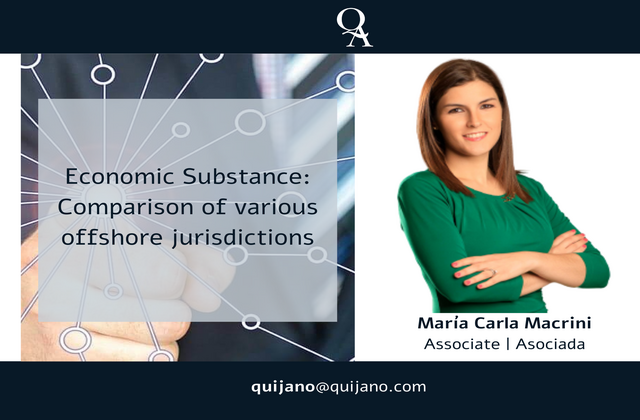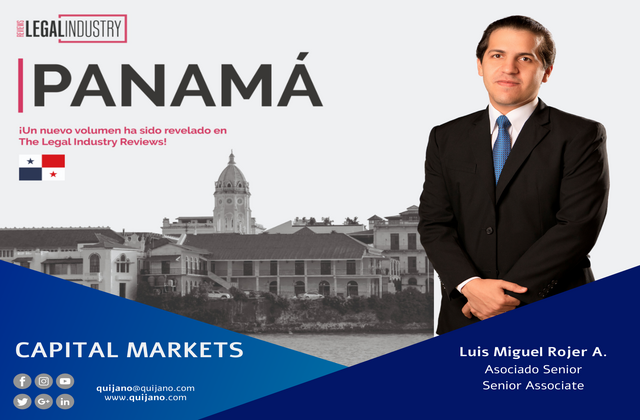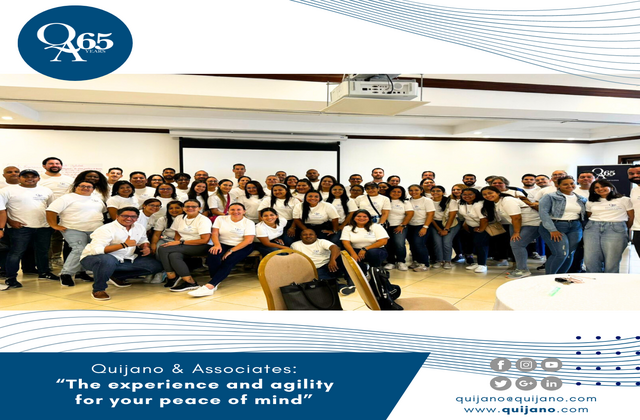Economic Substance: Comparison of various offshore jurisdictions

In 2018 a few jurisdictions adopted a legal concept of “economic substance”, whose meaning has now become well-known all over the world. The British Virgin Islands, Belize, Bahamas, the Marshall Islands and the Cayman Islands are some of the jurisdictions where legislation based upon this concept has been enacted as an Economic Substance Act.
The above-mentioned jurisdictions have not only published their respective Economic Substance Act, but also official guidelines in order to make their respective legislation on the subject clearly understandable.
It is important to emphasize that in those jurisdictions not all companies are required to comply with Economic Substance obligations established by this new legislation because they are applicable only to those legal entities having Economic Substance as described in the legislation of their specific jurisdiction. However, in order to determine whether the provisions about Economic Substance are applicable to a given legal entity or not, every company must submit a declaration or report to the authority describing its activities.
Fortunately, in the Republic of Panama there is no legislation with the concept of “economic substance” applicable to legal entities organized under Panamanian law for taxation or fees or contribution purposes of any kind. However, we consider it convenient to consider any possibilities of similar legislation being adopted, considering that the European Council of the European Union plays an important role in the decisions concerning subjects of this nature in this part of the world.
Nevertheless, we wish to stress that the activities that trigger economic substance obligations as defined in the jurisdictions having “economic substance” legislation are the ones mentioned below:
- Banking Business.
- Insurance Business.
- Fund Management Business.
- Finance and Leasing Business.
- Headquarters Business.
- Shipping Business.
- Holding Business.
- Intellectual Property Business.
- Distribution and Service Centre business
Although no economic substance requirements apply in the jurisdiction of the Republic of Panama since no economic substance legislation has been enacted, we are pleased to advise our clientele about the usual economic substance requirements adopted in other jurisdictions, as follows:
For example, if an entity is within the scope of the Economic Substance legislation because it engages in any of the above-mentioned relevant activities, in order to be out of the economic substance range of applicability of taxes or additional fees or costs, it must be identified by the authorities as a tax resident abroad or as an entity entitled to be a tax resident in the country where it was incorporated, in accordance with the following requirements, which may not necessarily be the same depending on the jurisdiction of its constitution:
Demonstrating Compliance
(a) The relevant activity has to be administered and managed in such country.
(b) Regarding the nature and scale of the relevant activity.
(c) It must have an adequate number of qualified employees in relation to the relevant activity and the scale thereof.
(d) If they must be physically present in such country.
(e) It if has incurred in an adequate amount of expenditures in such country.
(f) It must have physical offices or premises there.
As to the existing jurisdictions applying the economic substance concept nowadays, each one has its own requirements, which must be aligned with the requirements of the International Tax Authority of said jurisdiction.
Some jurisdictions have enhanced economic substance requirements. For instance, the British Virgin Islands have added the Intellectual Property Business and reduced economic substance requirements for holding business entities if they are only pure equity holding entities.
Finally, if an entity fails to comply with Economic Substance obligations it is subject to severe, effective, and dissuasive penalties imposed by the authority, ranging from financial penalties with amounts depending on the given jurisdiction up to striking off and prison terms in some jurisdictions.
As a closing point, we would like to add that although the Republic of Panama has not adopted the economic substance concept, we believe that the Panamanian jurisdiction might end up being the offshore center better prepared to deal with such a situation because of its up-to-date technological status, its world-class infrastructure and well-prepared available staff. Smaller jurisdictions will have a harder time dealing with these new developments due to lack of facilities and serious qualified staff limitations.




